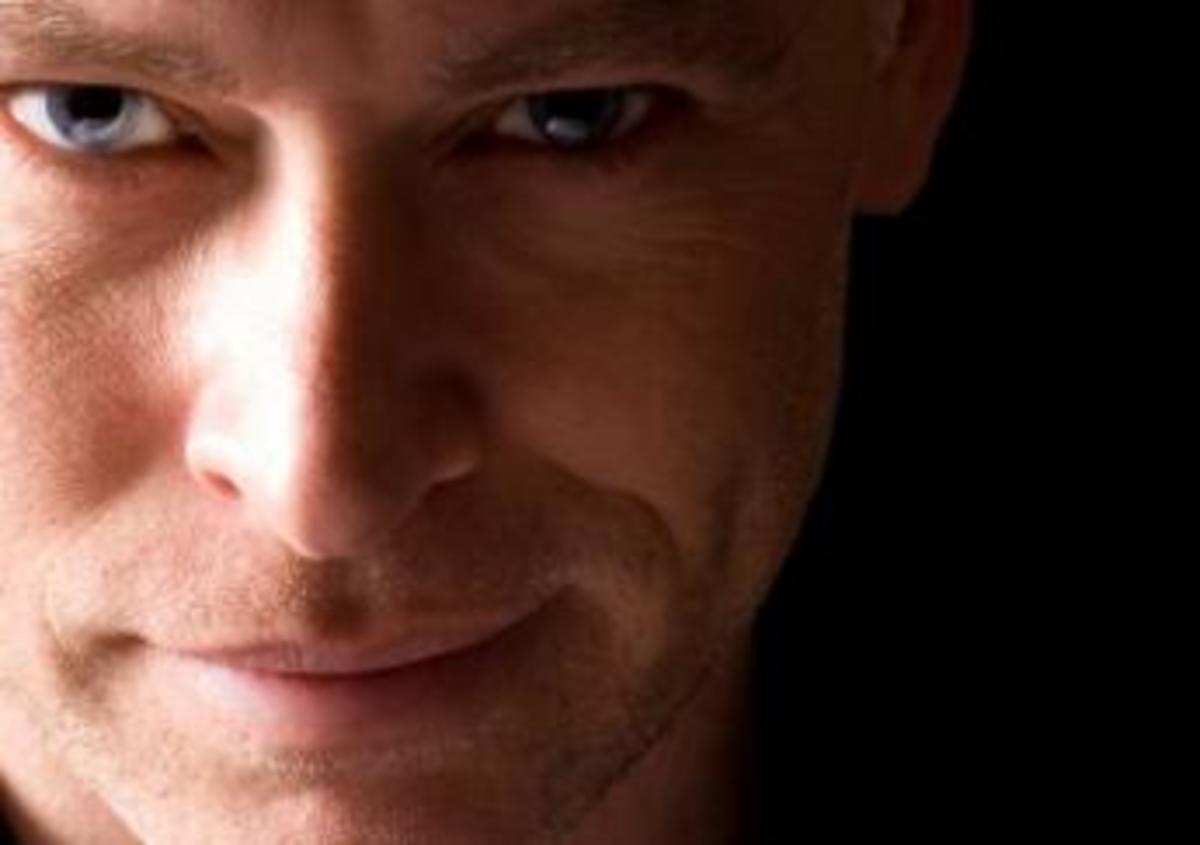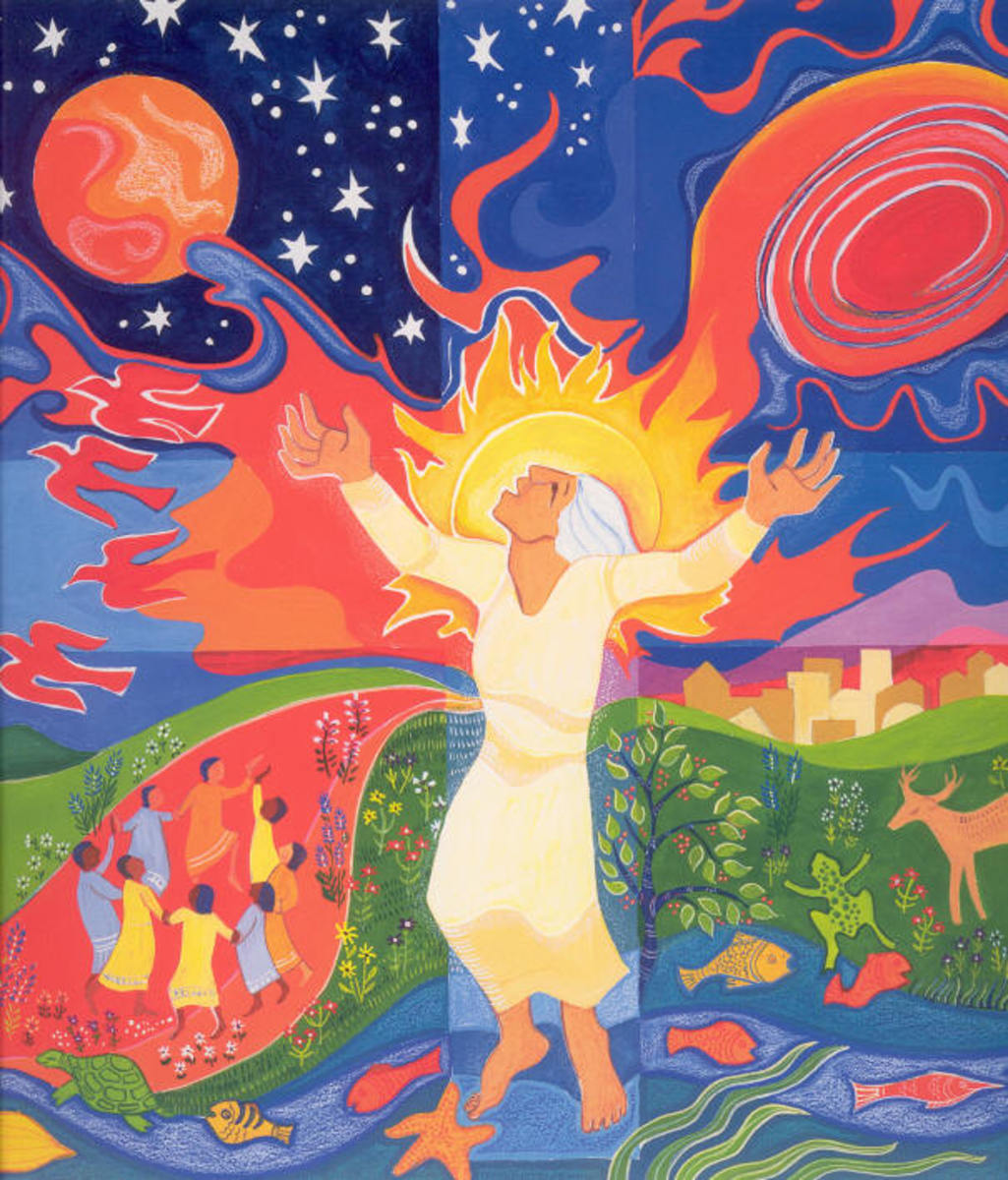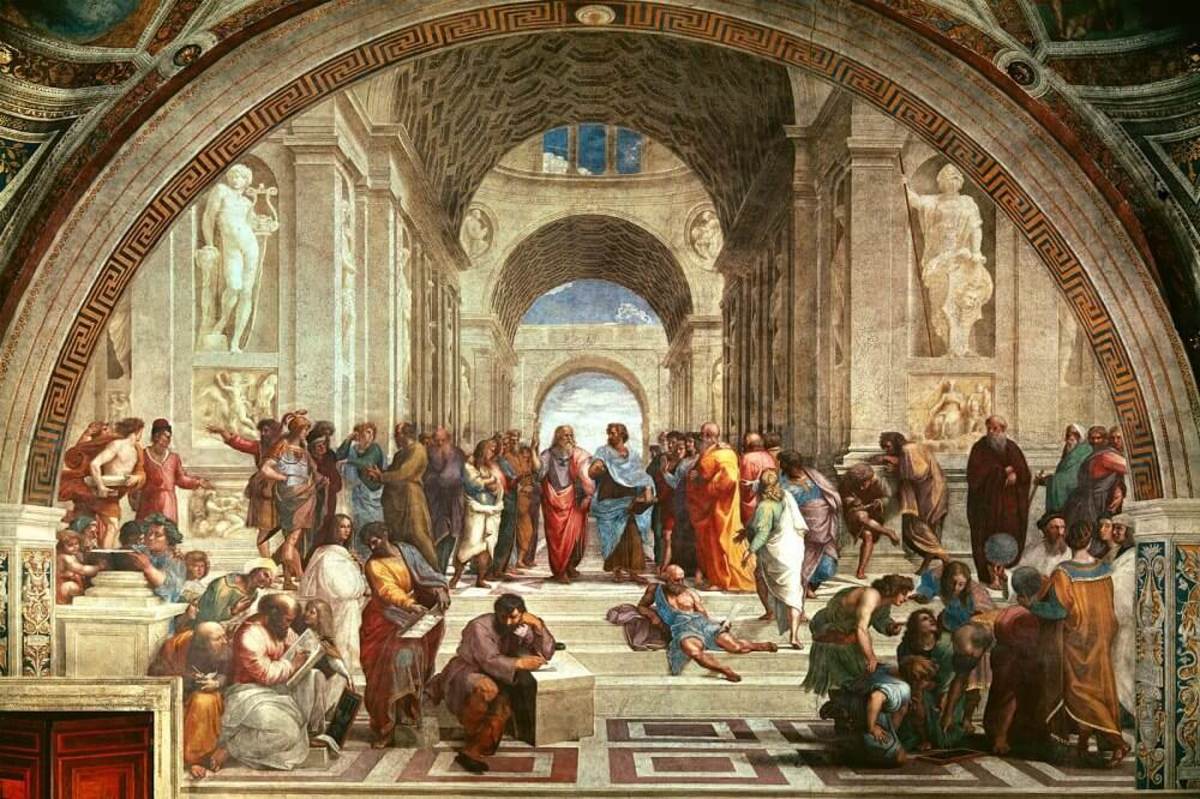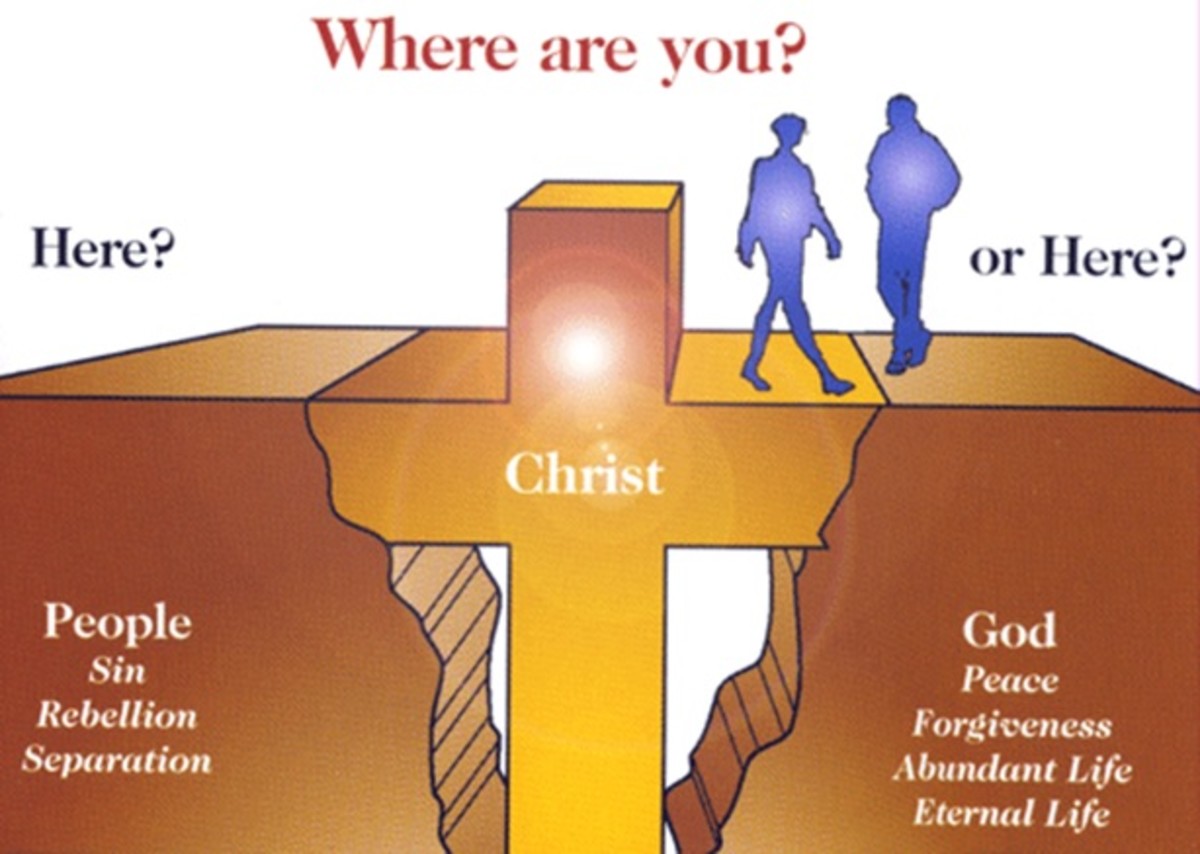EVIL in the Human Mind and Consciousness


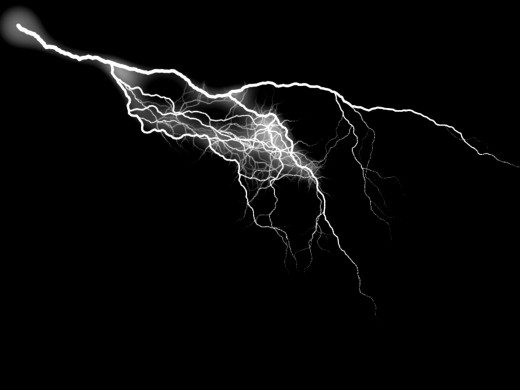
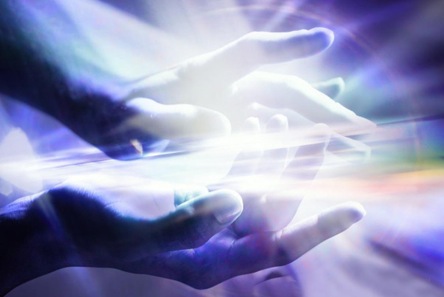

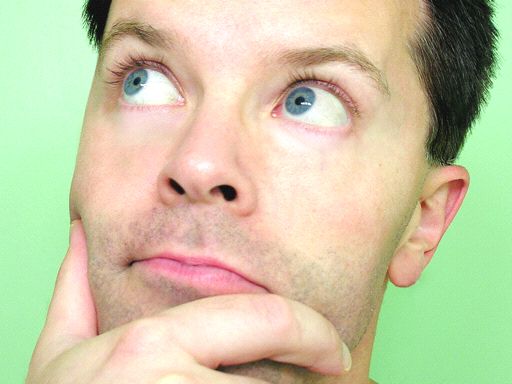
EVIL, What is IT Really?
What is evil? Evil is defined as the diametrical opposite of goodness. It is considered to be the essence of the utimate state and most abysmal aspect of negativity. It is perceived to the basest and most degenerate form of all behaviors imaginable. It is actions and/or beliefs perceived to have extreme dire mortal consequences. It is also quite damnable in scope. In fact, it is an act and/or thought to be highly unconscionable and horrific to the highest degree.
Evil is beyond bad. It is believed to be egregious wrong and sin with little or no chance of respite and/or redemption. In fact, evil can be classified as beyond redemption at some point. According to myths, religions, and folklore, the material and immaterial, supernatural world, existed nothing but good. Everything and everyone was deemed to be perfect and without blemish. Then there was a chasm in which these worlds become flawed, discordant, and otherwise imperfect. An example of this is the Judeo-Christian Bible in which there was a conflict between God and the Devil as a result of the latter's willing disobedience. Subsequently, the Devil separated from God, going his/her own way which was believed to be the inception of evil. This evil eventually reverberated to the material world.
Evil, to some, is a separation from the purest and highest form of human consciousness imaginable. They purport that the true state of humankind is love, kindness, goodwill, concern for, and harmony with human and all life forms. They maintain that the true state of humankind is unity with God, a Universal Being, or the Godhead. They assert that because of human failings, humankind elected to separate from the ultimate source of good of its own volition. They insist that as a consequence of this separation from God or highest spiritual consciousness, evil and other lower, negative characteristics started to seep into the human consciousness and mindset. They attest that evil would never exist if humankind was/is in connection with God and/or its higher and more spiritual nature.
Others staunchly aver that humankind is flawed and therefore evil by nature. It is their contention that the world is extremely imperfect, even debased. They argue that humankind is a reflection of this world. There are even a substrata which proclaim that humankind is damned and totally at the stage beyond any type of moral redemption and/or salvation. In fact, they contend that the overwhelming majority of humankind are totally dissolute with only a minute percentage being classified as good and worthy.
Then there are those who believe that humankind can be good and evolve to a higher state of moral or spiritual awareness. However, they explain that this takes deep, analytical and/or introspective assessment on its part. They assert that humankind has components of both good and evil. They add that humankind has to accept the ultimate responsibility for its lower, less positive nature and resolve to be good. They argue that the power of good and evil life within humankind and it is solely its ultimate decision to choose which path to go. They maintain that humankind can be good if it desires to.


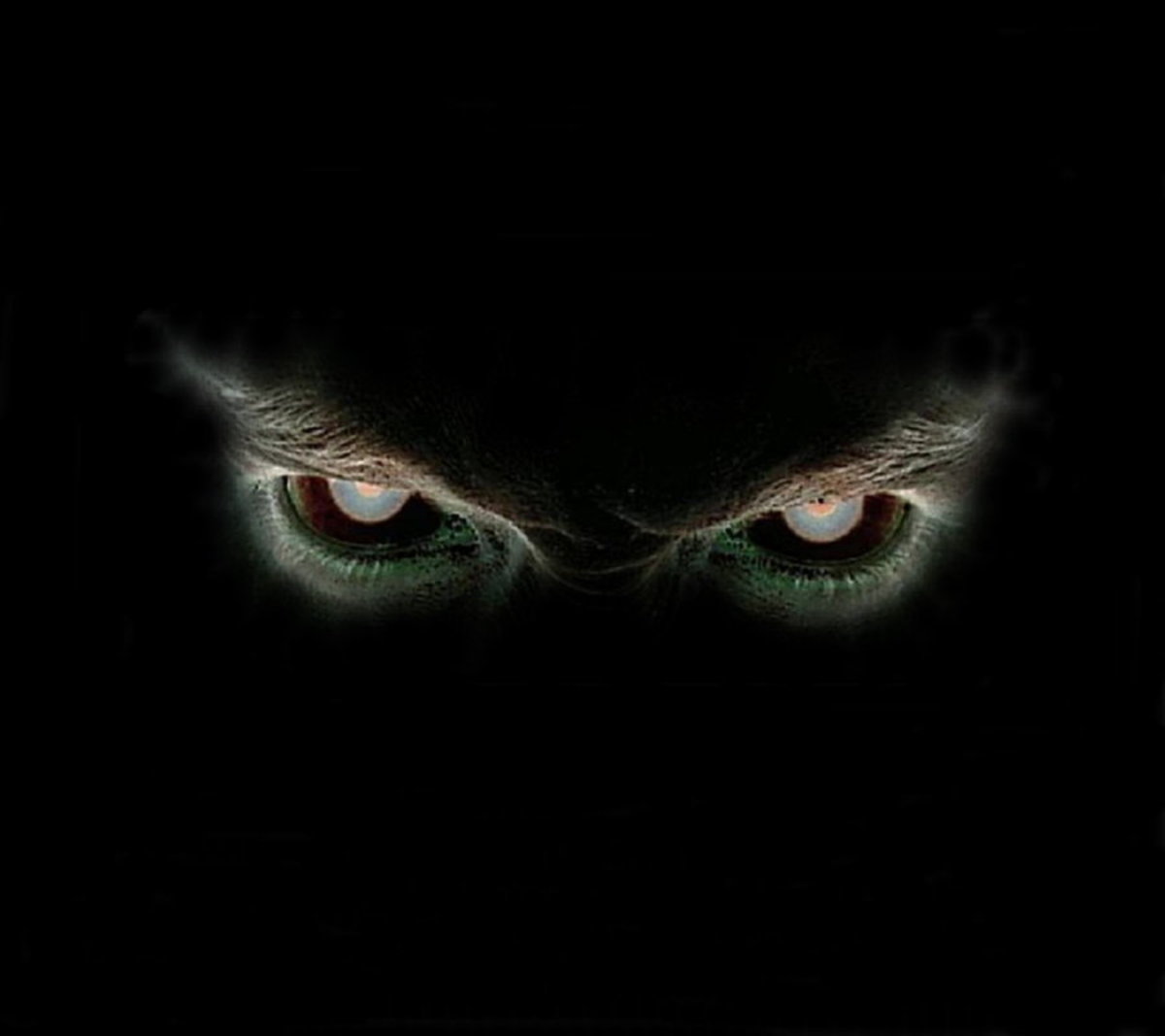
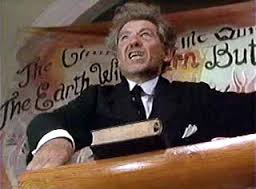
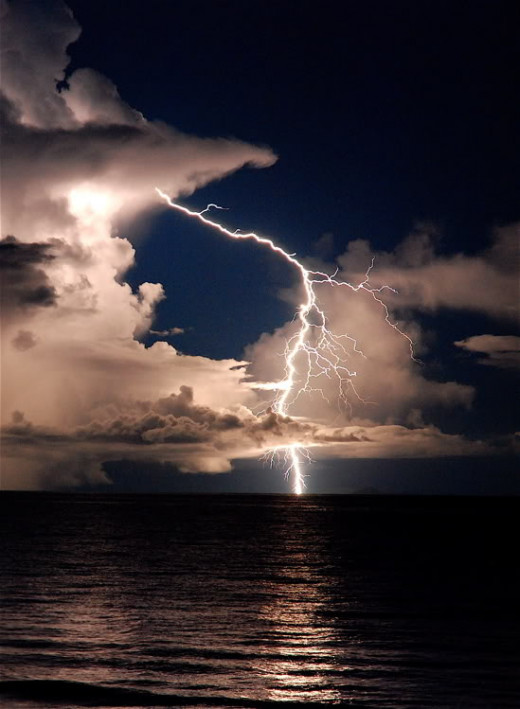
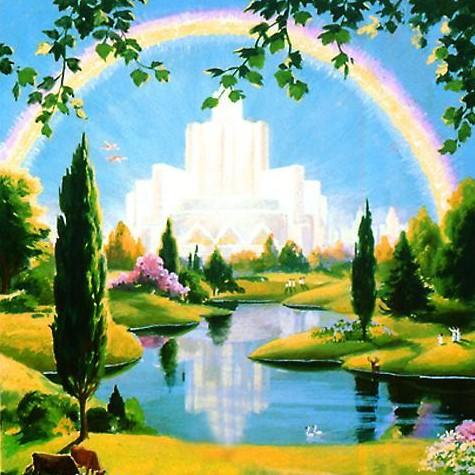
Evil ..............Separation from God/Higher States of Consciousness
To many, evil is viewed simply as a willful separation from God and/or the highest states of consciousness. In their perception, the natural state of the universe and all life forms, including human, is harmonious and goodness. They further assert that humankind elected to be dissociated and disconnected from God and/or its higher and/or spiritual nature, hence separating from God and higher spiritual consciousness. They contend that instead humankind choose to access its lower, more debased nature, becoming progressively negative in the process.
It is their assertion with humankind's separation from God, it become more negative in terms of consciousness, mindset, orientation, and perception. They further clarify that the universe became discordant and corrupt as a result of such negativity. According to them, humankind, in its lower state of consciousness, saw the environment as foreboding, even malovolent. They contend that humankind elected not to follow his higher, spiritual nature, instead opting to act in ways that were contrary, even in direct opposition, to this higher nature. They further attest that humankind regressed from a higher, more spiritual consciousness to a lower, more degenerate state of consciousness.
They maintan that humankind became more debased as a result of not being attuned to its higher spiritual state. They assert that humankind began to honor and revel in the darker and less evolved aspects of themselves. They insist that humankind ceased to view each other as part of a whole but instead saw each other as competitors, even enemies. They contend that people saw nothing unusual acting in methods that were deleterious to other humans and the environment. They confirm that instead of love and kindness, it was common for people to express hatred, avarice, and other incorrigible characteristics to achieve their ends.
Then there are those who suggest that evil have supernatural origins. Their argument is that it was/is malevolent spirits or demons, or the Devil who by their willful disobedience and rebellion against God or a benevolent deity, created negative energy. They see these malovolent spirits as the true cause of evil and negativity in the material world. They state that since there is evil in the material world, it is only reasonable to conclude that there has to be evil in the supernatural realms.
They contend that as a result of these malevolent spirits' rebellion and subsequent separation from God or a benevolent deity, evil, mayhem, and other types of discord became commonplace in the material world. They maintain that this state of evil eventually caused humankind to also disobey and rebel against a benevolent deity. According to them, such actions resulted in humankind becoming susceptible to more negative forms of behavior and its moral downfall.
They assert that if it were not for malovolent spirits, demons, or the Devil, there would be no evil in this world and humankind would not be thus affected. They contend that it would be impossible for humankind to act in less than desirable, even represensible ways without the influence of some sort of supernatural evil. They believe that it is the intention of such malevolent spirits to create a world that is in total opposition to what God or a benevolent spirit had initially intended for this world. According to them, God or a benevolent deity would want a harmonious, peaceful, and positive while malevolent spirits desire a world that is as disharmonious and abhorrent as possible which reflects the latter's inner debasement and turpitude.






Evil............................a Part of Life
Evil to many is an inevitable part of life. They maintain that the world and people are components of good and evil. They contend that evil is a reality which cannot be avoided. They further assert that to believe otherwise is totally fantastical at best and delusional at worst. They contend that the finite and material world is imperfect. They argue that imperfection in all its forms is an integral part of the material/physical world, adding that evil is part of that imperfection. They state that only the supernatural world, if it exists, is the only realm that is perfect.
Others view evil as a part of the human condition. They explain that humans, at times, can be evil. They maintain that to expect humans to be perfect is an impossibility. They assert that humans have emotions and desires and that oftentimes circumstances lead humans to act in the worst and ignoble ways possible. They argue that even the best and nicest of humans can act rather insidiously given the opportunity.
Some contend that one may have to do things that are somewhat reprehensible to survive in a given society. They assert to act otherwise would seriously one's standing in such a given society. They maintain that in order to be seen as strong and to be respected, even survive, one must exhibit a side of oneself that in other circumstances might be considered to be evil.
There are others who have an extremely dismal and bleak view of what evil is. They assert that the natural state of the world is evil and corrupt. They indicate that it follows that humankind is similarly evil and corrupt. They explain that because of the downfall of the natural world from its perfect state, it is inherently evil. They further maintain that since humankind reflects this natural world, it is also inherently evil.
They staunchly contend that given the state of humankind, there is no such thing as a good human being. According to them, all human beings are evil in one form or another and in varying degrees. They state that this is inevitable given the high level of immorality of human beings.
They furthermore see no hope in human beings changing their evil ways and remedying evil in the world. In fact, they see human beings and society becoming more evil, corrupt, and dissolute with each new era and period. They believe that the only way evil can be countered is for the world to be destroyed in order to start anew with a clean slate.

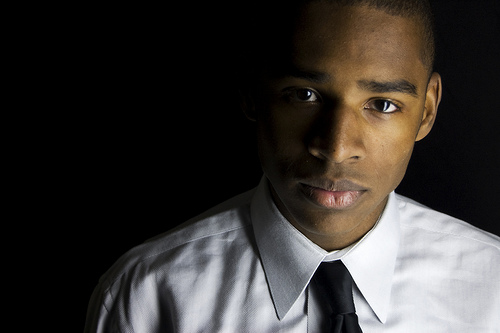

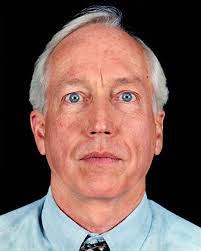


Evil.......................a Choice
Many contend that intelligent people who know the difference between right and wrong do not have to choose evil. They contend that people become evil because they prefer to take the easier than the more difficult choice to be the best person that they could be morally, psychologically, psychically, and spiritually. They strongly maintain that society makes evil and other negative behaviors attractive and easy to undertake.
They further assert that it takes a level of maturity to choose good over evil. They argue that it is usually the immature and less evolved person who sees the allure and attraction of evil. They also state that it takes a psychologically weak person to choose evil over good. They maintain that the person who knowingly choose evil will pay for it sooner or later in one form or another as the detriments outweigh the benefits.
They also refuse to conform to the prevailing social consensus that evil is part of the human condition. They maintain that each person has the responsibility and an obligation to be good. To them, the belief that evil is an integral and inevitable part of humankind is nothing but a lame excuse that prevents people from evolving and developing into their most positive selves. They maintain that each person must take the responsibility and be accountable for their actions. They also state that if such actions are less than positive, then it is up to the person to remedy such evil actions.
To some people, evil is not only a choice but avoidable. They staunchly aver that no one has to be evil. They maintain that it takes a high percentage of fortitude and willpower to choose good over evil. They also state that being good is better for a person emotionally, mentally, physically, even psychically than to be evil.
They further assert that people are better and stronger morally than they realize. In their estimation, it is not difficult being good at all. They even maintain that people, through their negative conditioning, feel that being evil and more negative is a normative condition. They contend that people adhered to a certain paradigm which dictated that being evil is quite a normal lifestyle and oftentimes one is bad, even evil more so that he/she is good.
They refute such a paradigm, believing such to be destructive and dismissive of humankind. They strongly aver that evil is nothing but a diseased belief and condition plaguing humankind. They believe that humankind has fallen for this paradigm much to its psychological and psychic detriment. They believe that humankind can avoid evil only if it is fearless enough and willing to access their higher and/or more positive levels, embracing them.
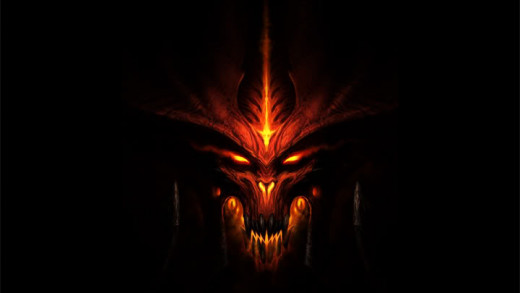
Conclusion
Evil is a controversial subject in addition to be a subject of great contention. Some see evil as a separation from God and/or a higher level of consciousness and awareness. More view evil as an inevitable and integral part of life and being human. Others perceive evil to be a choice that one has to make and to take responsibility for. Still there are those who view evil as destructive and part of an old paradigm in addition to seeing it as something to be totally avoided and unnecessary.
© 2014 Grace Marguerite Williams

